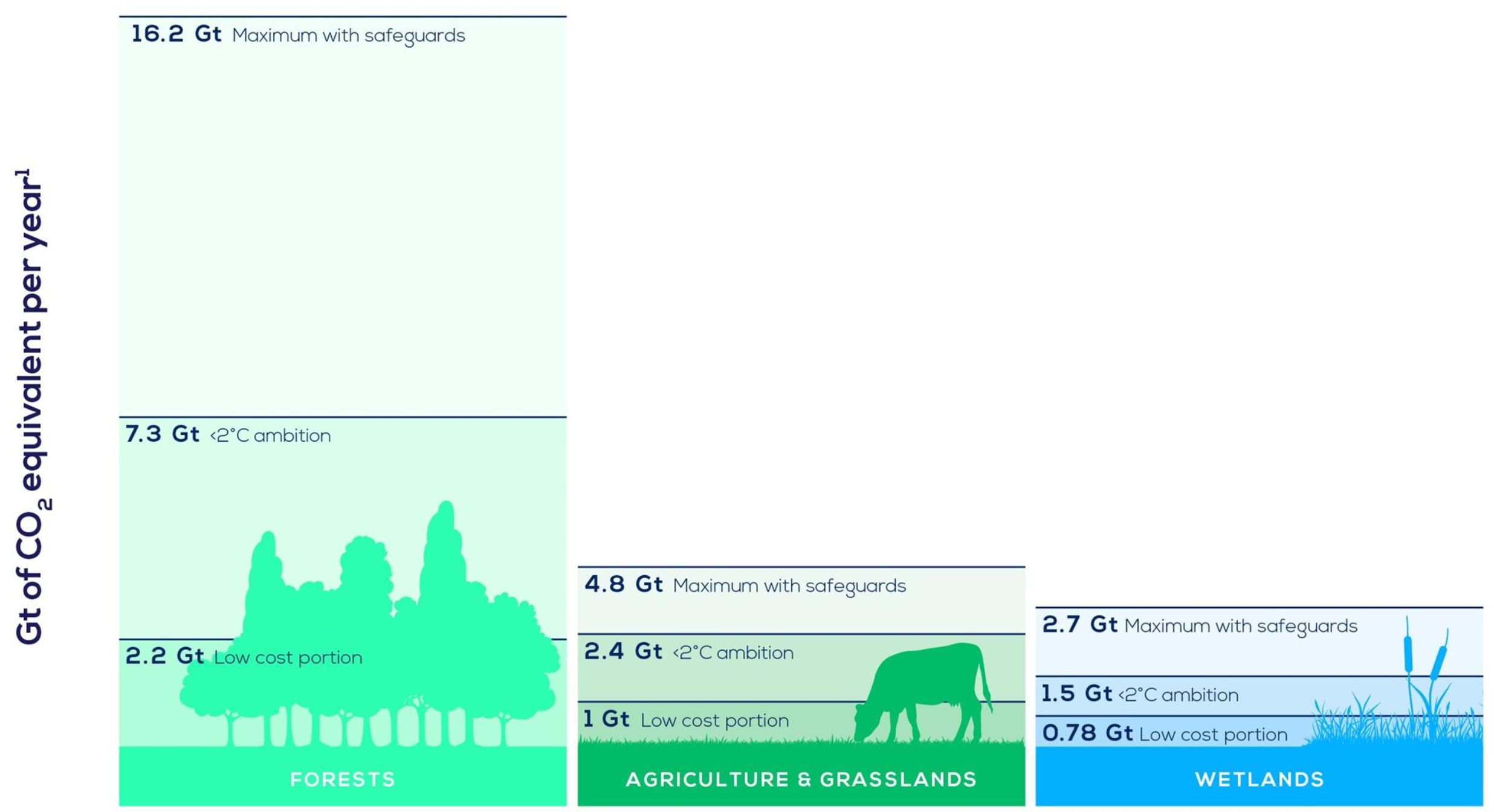Beavers can help mitigate the effects of climate change. But how significant is their impact?
Beavers could play an important role in safeguarding against heatwaves and droughts.
Image: Unsplash/Niklas Hamann
Stay up to date:
Fresh Water
Accept our marketing cookies to access this content.
These cookies are currently disabled in your browser.
- As heatwaves and droughts become more frequent, beavers could play an important role in safeguarding against these risks, scientists say.
- Research has shown the preservation of beaver habitats can improve the fire resistance of the landscape.
- Beaver habitats have the potential to help stimulate nature recovery and reverse biodiversity loss.
- But, the significance of beaver habitats as a solution must not be overestimated.
The beaver is a unique ecosystem engineer that can create a landscape that would otherwise not exist, thanks to the animal’s ability to build dams. As we experience more frequent heatwaves and drought, the potential role of beavers in safeguarding against these risks has captured widespread attention.
Beaver habitats are claimed to lower local stream and air temperatures, and by maintaining water supplies, provide insurance against drought. Greater water storage may also improve the resilience of a landscape towards wildfire.
However, it is important to consider the significance of beaver habitats as a solution to our changing climate from both human and wildlife perspectives. It’s not as simple as saying beavers can protect human society against the effects of extreme weather.
Water storage and wildlife sanctuary
Beaver ponds and wetlands can cover wider areas and store more water than the stream that would flow without them. However, beavers are restricted to relatively small streams.
To achieve a water capacity large enough to supplement human supplies, beavers would have to construct an unrealistically large number of ponds across the same catchment. Even then, the water storage would be dispersed across many shallow ponds, making extraction for use in a water supply network unrealistic.
What an increase in beaver ponds can do is provide more refuges for wildlife at a local level, while allowing the slow release of water downstream during dry periods. Such refuges can be critical for wildlife during a drought, and so help preserve an area’s biodiversity.
Greater water storage will also increase an ecosystem’s resilience to climate change. This has been demonstrated during this summer’s drought. Beaver wetlands in Devon’s River Otter have irrigated the surrounding area and kept vegetation alive, preserving a habitat that many animals depend on.
Accept our marketing cookies to access this content.
These cookies are currently disabled in your browser.
Evaporative cooling
Bodies of water can also reduce the air temperature surrounding them because their evaporation has a cooling effect. However, unless the water bodies are very large, or high in number, this easing tends to diminish rapidly with distance from the water. This would make it difficult to rely upon beaver ponds for cooling benefits for human settlements.
Beavers also tend to open up the canopies of nearby forests by felling trees during the construction of dams. This can reduce shading and allow more direct sun exposure, which complicates any potential cooling effects.
However, felling can also increase habitat complexity, supporting a mixture of meadows and wet woodland. The natural disturbance caused by beavers can create floodplain woodlands that are wilder and wetter, allowing greater biodiversity. In some cases, this can also slow the flow of water and improve water quality.
This same process of opening up the canopy can also increase local water temperatures. However, this can be heavily moderated by the interaction between surface water and groundwater.
This means the outcome for water temperatures will be highly river, dam, and pond dependent. For this reason, research into the thermal impact of beaver habitats has proved inconclusive.
Protection against wildfires
Accept our marketing cookies to access this content.
These cookies are currently disabled in your browser.
Wildfires have been extensive across Europe this summer. Research has shown how the preservation of beaver habitats can improve the fire-resistance of the landscape.
During wildfire, the area of vegetation density loss in beaver habitats was approximately three times smaller than in areas without beavers in the western USA.
However, questions remain as to whether this protection could ever expand to the scale necessary for human settlements. Even if this is not realistic, beaver habitats provide crucial protection for local habitat and wildlife against wildfire.
What is the World Economic Forum doing on natural climate solutions?
Future of the Eurasian Beaver in England
This summer has also brought new climate extremes and a prolonged period of drought. With more of this predicted, the debate surrounding mitigation measures is growing. Beavers enjoy enthusiastic support in this regard.
Accept our marketing cookies to access this content.
These cookies are currently disabled in your browser.
However, it would be wise to temper expectations for the role of beavers as a drought solution for human settlements. Nevertheless, by offering a local buffer against the ravages of drought, heatwaves, and wildfire, beaver habitats carry the potential to help stimulate nature recovery and reverse biodiversity loss.
In the UK, beavers have recently received legal protection, but face a future of expansion into human landscapes. The decades ahead will require some nuanced landscape decisions that can incorporate beaver habitats into large-scale nature recovery and restoration schemes. Beavers are showing that their impacts can offer added levels of ecosystem resilience to a changing climate that we would be wise to embrace.
Accept our marketing cookies to access this content.
These cookies are currently disabled in your browser.
Don't miss any update on this topic
Create a free account and access your personalized content collection with our latest publications and analyses.
License and Republishing
World Economic Forum articles may be republished in accordance with the Creative Commons Attribution-NonCommercial-NoDerivatives 4.0 International Public License, and in accordance with our Terms of Use.
The views expressed in this article are those of the author alone and not the World Economic Forum.
Related topics:
Forum Stories newsletter
Bringing you weekly curated insights and analysis on the global issues that matter.
More on Nature and BiodiversitySee all
Kristian Teleki
May 12, 2025
Jean-Claude Burgelman and Lily Linke
May 9, 2025
Wietse Van Ransbeeck
May 7, 2025
Tom Crowfoot
May 7, 2025
Alfredo Giron
May 6, 2025







